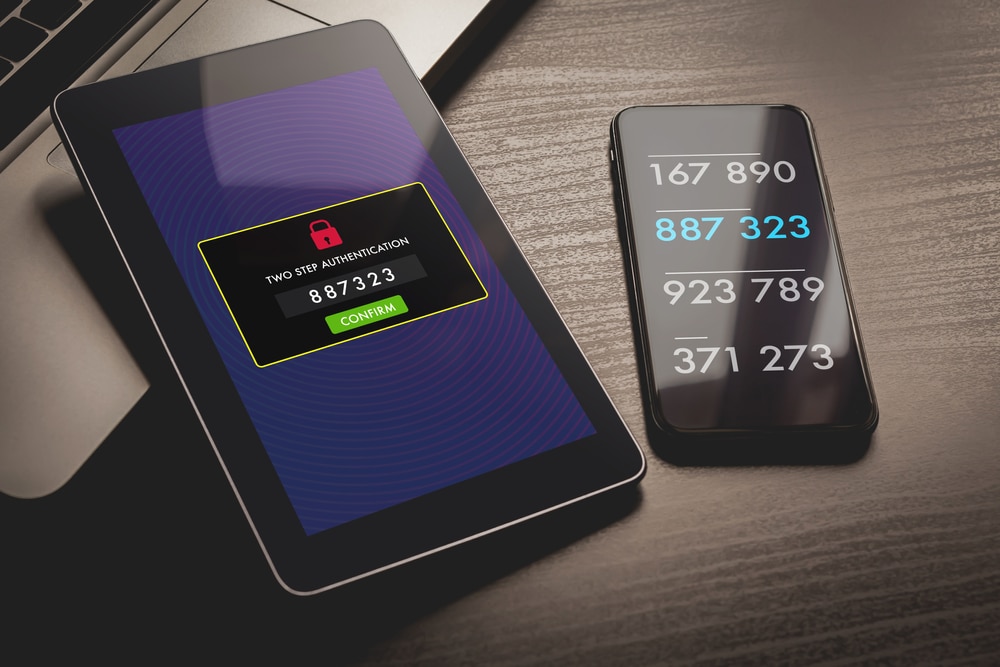Computers, tablets, smartphones and other connected technology are a critical and integral part of your personal life. These same systems that make your life more enjoyable and comfortable also create new opportunities for cyber attackers to infiltrate your home. This access to data can then be used to steal information, extort money and commit fraud. As a result, cyber liability insurance has become an essential component to any personal risk management program.
Recent statistics state that hackers attack computers with internet access every 39 seconds, affecting one in three Americans every year. Since the beginning of the COVID-19 pandemic, the US FBI has reported a 300% increase in reported cybercrimes. Here are loss scenarios, based on actual claims, that may be helpful in illustrating the potential risks to you and your family from cyber threats.
Van Wyk provides family cyber protection solutions that range from $50 to $500. The policy is tailored to meet your family’s specific needs and provides a number of significant cyber insurance coverages including:
- Cyber attack – pays to recover data and restore systems that have been lost or damaged due to a cyber attack – including attacks involving malware or unauthorized use of owned or leased computers, mobile devices, and connected home devices. Covered devices include computers, security monitoring systems, smartphones, smart appliances, tablets, thermostats and Wi-Fi enabled devices.
- Cyber extortion – provides payments and professional assistance in responding to cyber extortion demands based on a credible threat to damage, disable, deny access to or disseminate content from devices, systems, or data, including ransomware attacks.
- Online fraud – covers online fraud that results in a direct financial loss, including counterfeit currency, forgery, illegal bank and credit card transfers, and phishing schemes.
You also have access to cyber extortion specialists that offer tech support, computer diagnostics, and digital security services.
Beyond the Cyber Basics – What’s in a Password?
Thinking of a new password can be frustrating—every service and website seems to have different requirements about length, complexity, and special characters. In order to secure your personal devices, accounts, and information against cybercriminals, it’s important to think of a password that’s both memorable and complex.
Why Strong Passwords Are Important
Most websites and services encrypt passwords before storing them on their servers. As a result, even if hackers were to gain access to your password, they wouldn’t have access to the actual text that makes up your password.
Once criminals gain access to an encrypted password, they can use sophisticated programs to quickly guess different combinations of letters, numbers and symbols until your password is cracked. As a result, longer passwords and those that contain a large variety of characters will be very difficult for programs to guess.
How to Create a Strong Password
Just because effective passwords should be complex, doesn’t mean that they must be difficult to remember. The next time you need to think of a unique password, try using a favorite song lyric or quote. This will make a password that’s long and difficult for hackers to crack, and has the added benefit of being very memorable.
Turning a simple phrase like “your guess is as good as mine” into “yourguessisasgoodasmine” actually makes for a strong, and in this case ironic, password. However, be sure to add a capital letter, number, or special character as well to make your password that much stronger.
Keep Your Passwords Private
Your password will only remain secure if you take the proper steps to protect it. Be sure to never write your password down and leave it where someone could see it.
Instead, consider using a password management tool. These online services will store all of your login IDs and passwords for you, but you should do some research and make sure that the service you use is reputable.
Importance of Two-factor Authentication
While complex passwords can help deter cybercriminals, they can still be stolen. To further prevent the infiltration of your accounts, two-factor authentication is key.
Two-factor authentication adds an additional layer of security to your accounts, protecting you from compromised credentials. Through this method, users must confirm their identity by providing extra information (e.g. a phone number or unique security code) when attempting to access applications, websites, or other networks. Many entities that store your sensitive information, such as banks and hospitals, are adopting two-factor authentication and making it a mandatory step to access your data online.
Here is a real-life example of how two-factor authentication works: when attempting to sign-in to your online banking account from your computer, after inputting your username and password you would then be prompted to enter a one-time security code to finish logging in. This code would be texted to the cellphone number associated with your account. After typing in the code to your computer, only then would you be able to access your online banking.
By adding this extra security measure, your account would be virtually inaccessible to hackers. Even with your username and password in hand, if they do not physically have your phone or the one-time code sent to it, no one but you would be able to access your account.
Be sure to like us on Facebook and follow us on LinkedIn for more tips and industry news.

